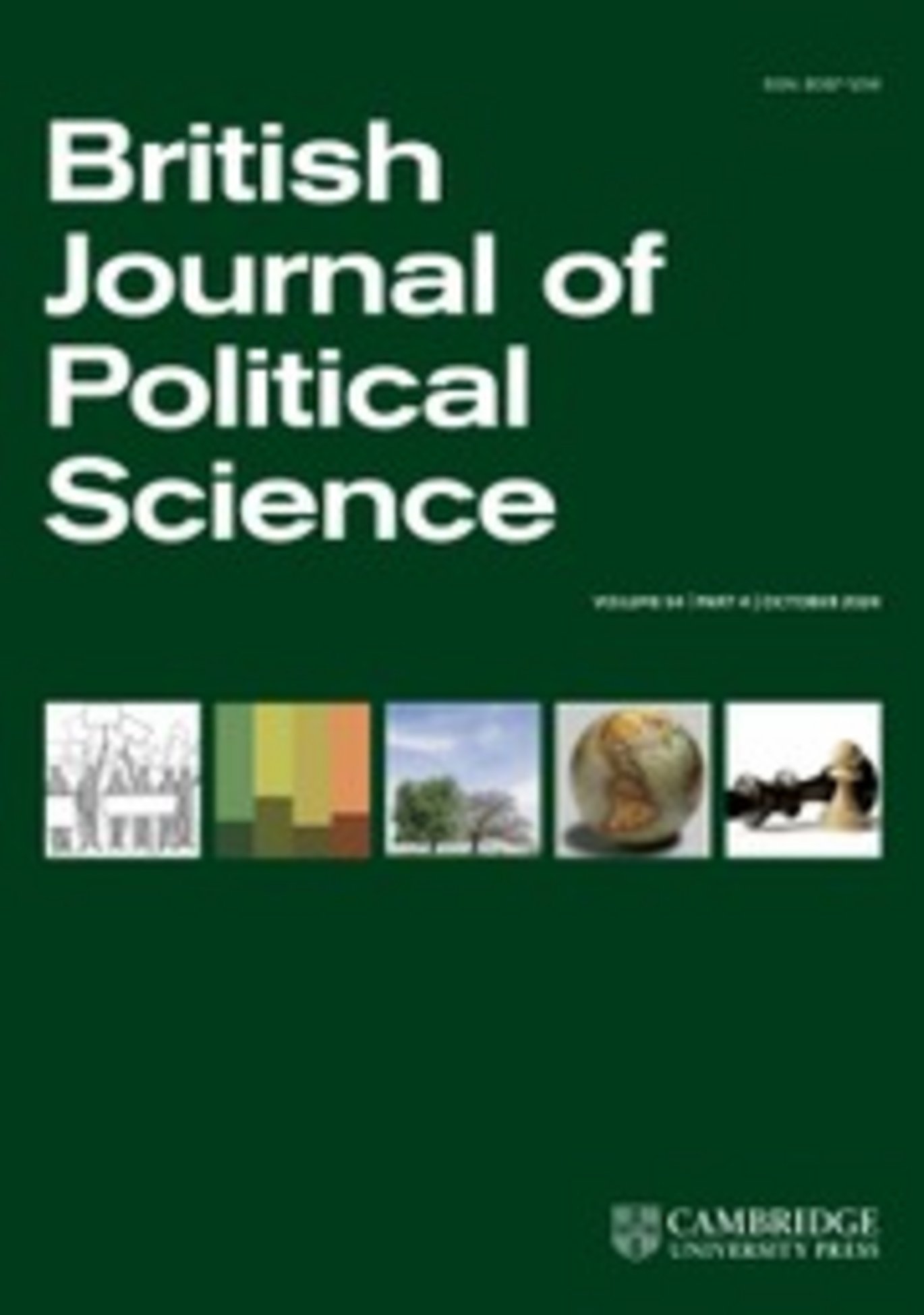Anti-homeless Hostile Design as Wrongful Discrimination
Det er titlen på en ny artikel af Andreas Albertsen og Carl Knight (University of Glasgow) udgivet i British Journal of Political Science

British Journal of Political Science , Volume 55 , 2025 , e118
Når byen udstøder hjemløse er det diskrimination. Verden over gøres byrummet mindre tilgængeligt for de hjemløse, der lever deres liv på gaden. Et armlæn midt på en bænk gør at man ikke kan sove der. En dør, der tages af stationens læskur, så det bliver koldt om natten. En vindueskarm, der forsynes med pigge, så det ikke længere tilbyder hvile og læ. Ekskluderende design vinder frem. Mange finder det sikkert problematisk. Hvis de da ser det.
Men hvordan bør vi mere filosofisk tænke om disse tiltag? Det spørgsmål adresserer Andreas Albertsen sammen med Carl Knight fra University of Glasgow i en artikel netop udgivet i anerkendte tidsskrift British Journal of Political Science. Albertsen og knight argumenterer for at en lang række eksempler på ekskluderende design kan kategoriseres som diskriminerende, og at de synes at være forkerte af de samme grunde, som mere typiske eksempler på diskrimination er forkerte.
Abstract
Philosophical accounts of discrimination distinguish the question of what discrimination is from the question of its wrongfulness. This article addresses these two questions in the context of anti-homeless hostile design of public spaces. Regarding the first question, all forms of anti-homeless hostile design amount to discrimination, with typical cases (for example, anti-homeless spikes or benches) being direct discrimination, but with some cases (for example, CCTV not intended to target the homeless) being indirect discrimination. Regarding the second question, it is argued that all major accounts of the wrongness of discrimination identify the usual, directly discriminatory hostile design as wrongful on account of its harmful or disrespectful character. Most accounts also consider the less common indirectly discriminatory hostile design to be possibly wrongful, especially given the severe disadvantages faced by the homeless in contemporary cities.

